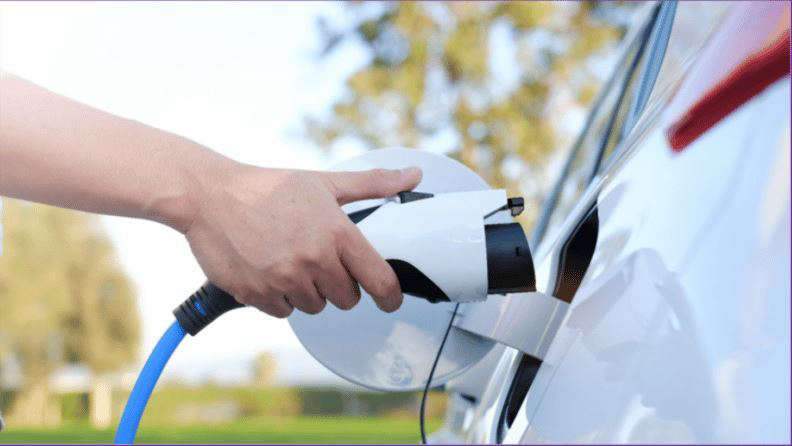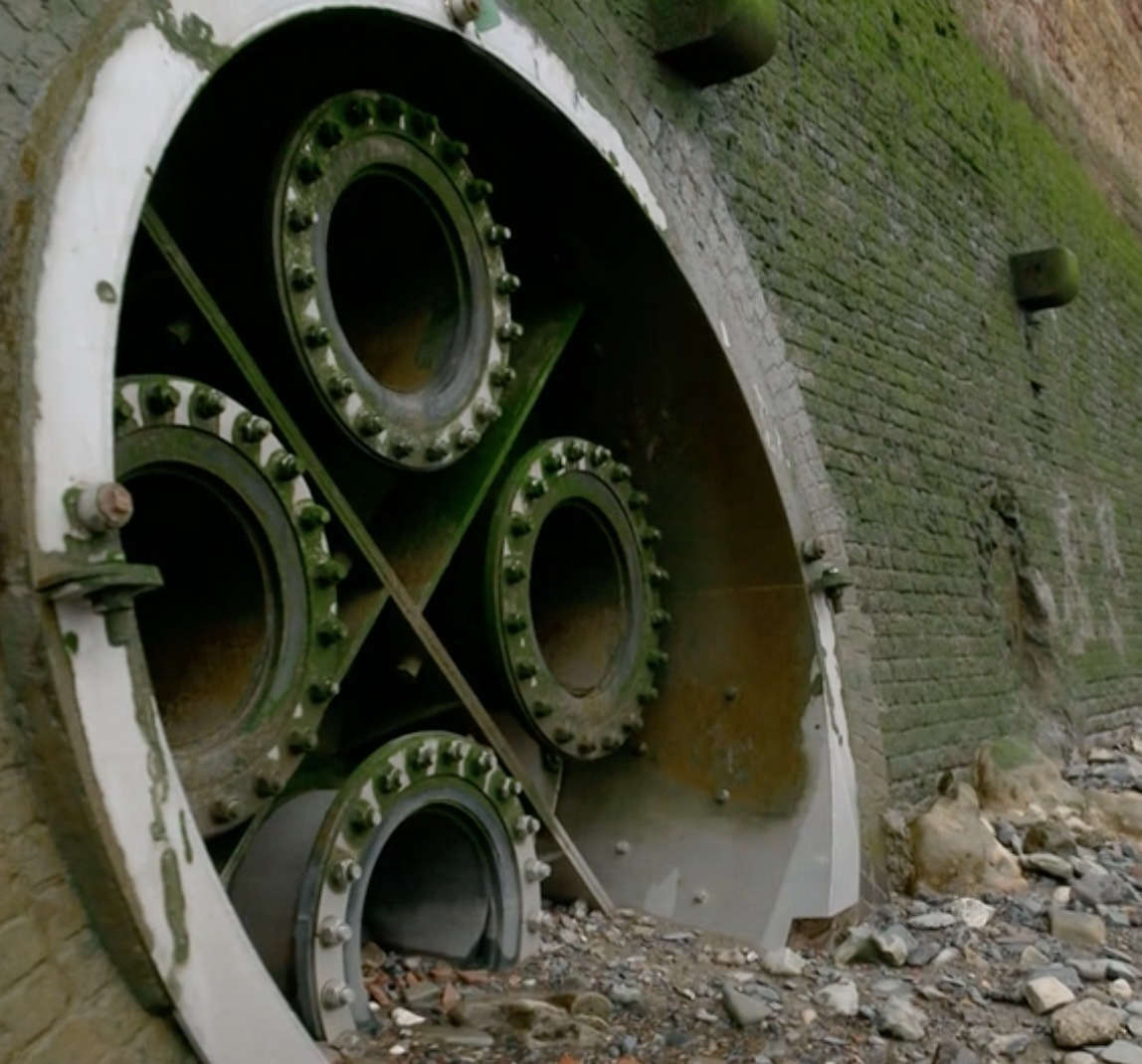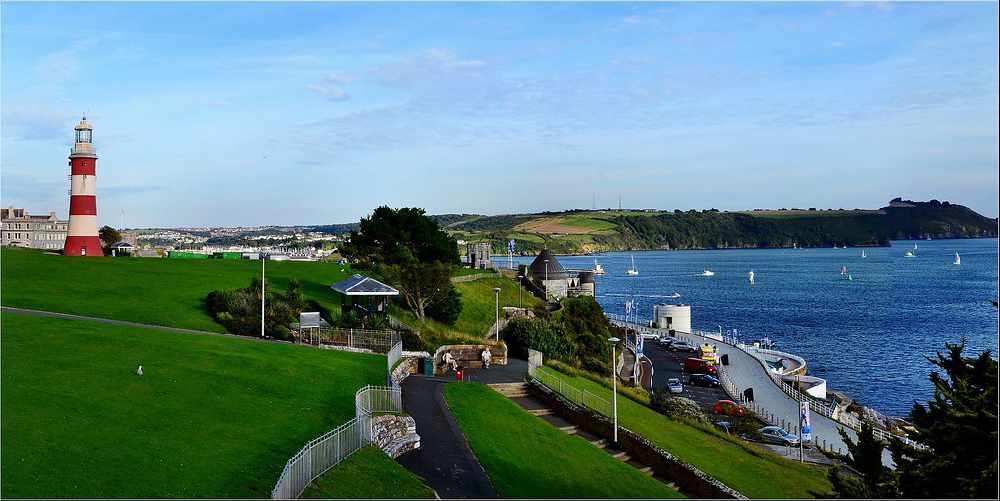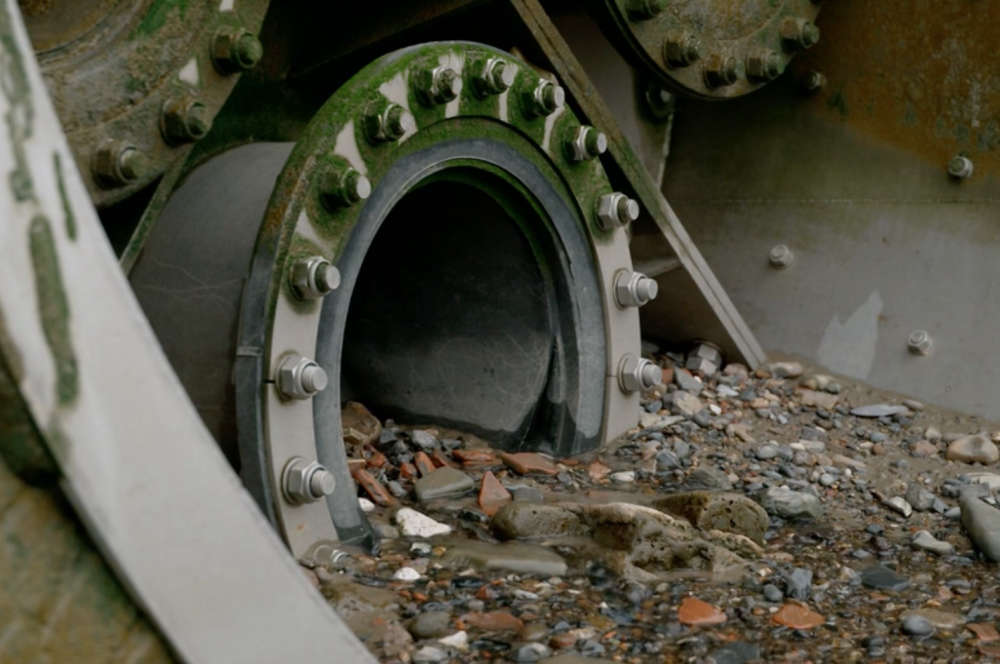
The city ramps up its net zero ambition over the next three years
Introducing parking charges for motorists based on vehicle emissions is being explored by Plymouth City Council but it won’t be a ULEZ (Ultra Low Emission Zone) or congestion zone, city leaders have said.
As part of its net zero plan for the next three years, the council will look at how such a policy can incentivise people to choose sustainable transport.
There are no further details yet, but the council’s cabinet member for climate change Tom Briars-Delve (Lab, Stoke) told the council’s natural infrastructure and growth scrutiny panel that transport is by far the biggest emitter of carbon in the city and it is a key focus in the plan.
Mr Briars-Delve said: “We want to explore emissions-based charging for parking, but let me be clear this is not ULEZ or a congestion zone. At this stage we are simply evaluating options. We do not intend a massive hiking of costs to petrol and diesel cars and no decisions have been made on scale or geographical extent. We hope simply to identify a mild behaviour change nudge.
“The local economy will certainly be a key consideration as we look into policy options and given the cost of living crisis we will work this idea through with great care and caution.”
He added that there would be “extensive engagement” before the council decides whether this is the right thing for the city.
Plymouth does not need an ultra low emission zone as air quality has improved and this is not “a parking charge hike on the quiet” he said when challenged.
More than 300 cities across Europe have low emission zones to improve air quality. Drivers pay a daily fee or penalty charge if their vehicles emit above a certain level of carbon dioxide. In London the rate is £15 a day.
Other plans for Plymouth include a possible e-scooter trial, implementing lessons learned in other cities about safety, infrastructure, regulations, and user behaviour.
And there would be an expansion of an electric vehicle (EV) car club which offers pay-as-you-go, electric vehicle rental, plus hundreds more EV charging points added to the 300 already installed.
The first of a new fleet of 50 electric double decker buses is coming to Plymouth this year, in a £32 million collaboration between Citybus, the Department of Transport, Plymouth City Council and Cornwall Council.
Improvements are being made to bus lanes, and an integrated ticketing system allowing passengers to use a single ticket to travel on multiple types of transport.
The city is one of six towns and cities nationally to create ‘heat network zones’ where heat from a central source is transferred to homes using underground pipes carrying hot water. It is part of a £400 million programme funded by the government.
Cllr Briars-Delve told the panel this had the potential to create green jobs, with renewable heat and cooling to several neighbourhoods of the city reducing 30,000 tonnes of CO2 emissions.
An innovative data storage centre is for the council planned where excess heat produced can be used to provide energy to the Life Centre swimming pool nearby and save money.
Seven hundred more homes in the city would also be retrofitted to reduce energy costs.
More recycling officers are being appointed to improve recycling levels and Plymouth’s first food waste collections are expected to start in spring 2026, with the council benefitting from new government funding.
The first commercial recycling plant for EV batteries is also being built in Plymouth and could bring up to 70 jobs.
Investments in carbon saving measures so far have brought in income from the sale of renewable energy and a reduction in the city council’s energy bills, of £500,000 a year.
Panel members said a communications campaign is needed to let people know the benefits of the net zero plan, including cheaper energy bills, cleaner air, healthier travel and greener jobs.
The council has put £65 million into its capital programme for net zero projects in 2025/26, and aims to be net zero by 2030.
 Storm overflow prevention work set for Plymouth
Storm overflow prevention work set for Plymouth
 Help needed to find Exminster pensioner
Help needed to find Exminster pensioner
 City lose at home again
City lose at home again
 Calls for inclusion on Plymouth lord mayor role
Calls for inclusion on Plymouth lord mayor role
 Upgrades to Plymouth storm overflows to take place
Upgrades to Plymouth storm overflows to take place
